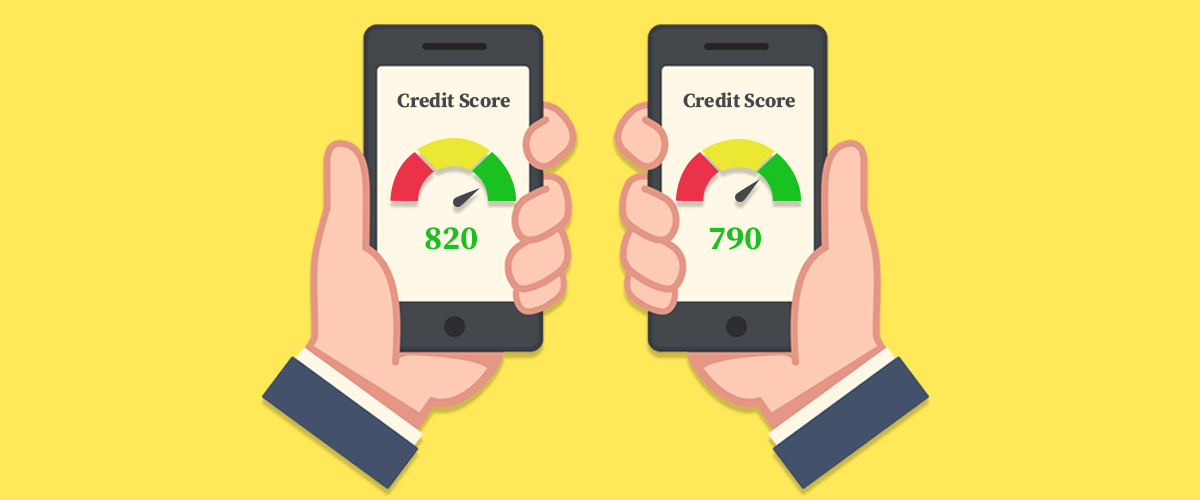-
Personal Loans
- Business Loan
- Gold Loan
-
Credit Cards
- Credit Report
- Login
Products
Personal Loans Business Loan Gold Loan Credit CardsResources
EMI Calculator IFSC Code Blogs FAQs

Products
Personal Loans Business Loan Gold Loan Credit CardsResources
EMI Calculator IFSC Code Blogs FAQsBlogs > How Checking Your Credit Score Can Affect It?

You must have heard that you should check your credit report often. However, you must have also heard the myth that credit inquiries can damage your credit score.
Here are some frequently asked questions that will help you understand if checking your credit score can affect it:
No, it will not affect your credit score when you check it yourself. Infact, it is highly recommended that you do frequent credit checks. You can get a credit report from one of the credit bureaus, but that will cost you. However, if you check your credit score online, you can get the report worth ₹1200 for free.
Yes, credit inquiries can affect affect your credit score, but only if they are made by an institution, like a bank or NBFC. When you apply for a loan or a credit card, the financial institution checks your credit report. This is known as a hard inquiry, and this can affect your credit score.
A hard credit inquiry happens when a potential lender such as a bank or an NBFC checks your credit report. It tells the financial institution of your credit history so far, and helps them decide if you are a reliable applicant or not. However, remember that frequent hard inquiries can affect your credit score.
A soft credit inquiry is when you check the credit report yourself. This has various benefits, and it is highly recommended. Also, it does not damage your credit score at all.
Yes, it is very important to keep a track of your credit report. There are various benefits of it. Some of them are as follows:
Checking your credit report once every six months is like taking a look at your financial report card. It can help you understand if you have been making any mistakes, and if you have not been making mistakes, it can help you maintain a good performance.